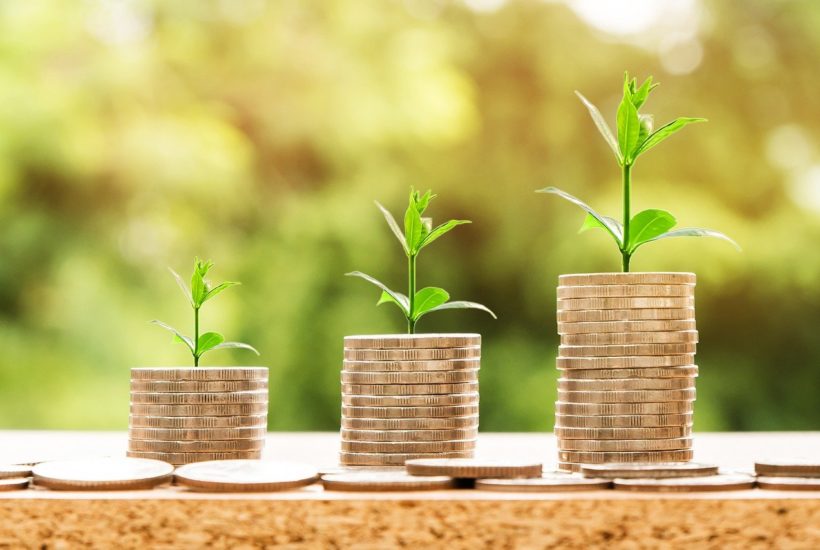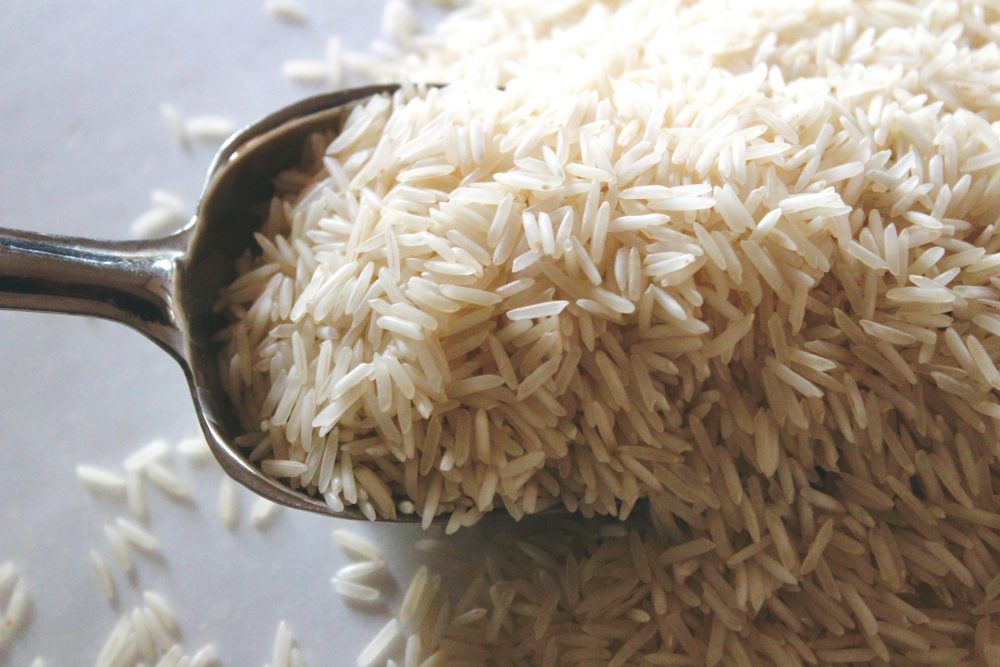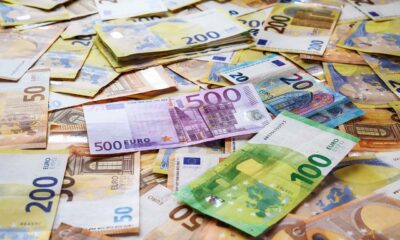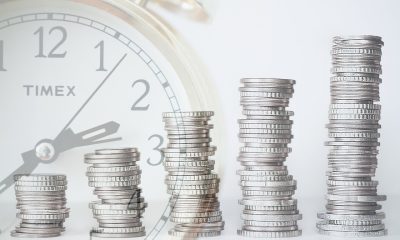Africa
Moroccan Capital Market: Foreign Investment almost Unchanged in 2020
Foreign investment in mutual fund securities remained almost identical to that of 2019, with an amount of $326,000 (2.9 MMDH) at the end of 2020. The report also points out that the contribution of foreign investors to the transactional volume amounted to $944,000 (8.4 MMDH), or 17% of the overall transactional volume on both markets, central and block.

The share of market capitalization held by foreigners in Morocco amounted to 31.85% at the end of 2020, for an amount of 186 MMDH, almost at the same level as 2019 (31.94%), according to the AMMC report on foreign investment in financial instruments for the year 2020.
In its latest report on foreign investment in financial instruments, the Moroccan Capital Market Authority (AMMC) indicates that foreign capital has decreased by 6.9% from $22.5 billion (200 billion dinars) in 2019 to $21 billion (186.34 billion dinars) in 2020, said the AMMC. A decrease that would be due to the depreciation of prices of listed shares comprising the portfolios of foreign investors, the Masi index fell by 7.27%. Foreign investment in listed shares was mainly strategic holdings which accounted for 92.4% of the total amount in 2020. The floating share of foreign capital invested in the Casablanca Stock Exchange amounted to 2.4% of the total market capitalization and to 9.4% of the floating capitalization. By type of investor, the share of investments of non-resident foreign legal entities remained above the 99% mark. It represented, at the end of the year 2020, 99.07% of the total foreign investment in listed shares, i.e. an amount of $20.7 million (184.6 MMDH).
Read more on the subject and find the most important economic news with the Born2Invest mobile app.
By origin, investors from Europe and the Middle East represented 96% of the overall investment of foreigners, which is equivalent to more than 30% of the market capitalization
The value of their investments amounted to $20.1 million (179 MMDH) at the end of the past year, down 5.97% compared to 2019, or $21.35 million (190 MMDH). This decrease is correlative to that recorded by the MASI index during the year 2020. The share of investments from the Middle East and Europe in the market capitalization remained at the same level as the year 2019 with respectively 17.07% and 13.5% in 2020. However, the share in the overall foreign investment has experienced a slight increase for the Middle East from 52.08% in 2019 to 53.60% in 2020, against an almost identical level for European investors around 42% As for debt securities, the outstanding amount held by foreigners amounted to nearly $471 million (4.19 billion dirhams), 91% of which belonged to non-resident foreign legal persons.
In addition, foreign investment in mutual fund securities remained almost identical to that of 2019, with an amount of $326,000 (2.9 MMDH) at the end of 2020. The report also points out that the contribution of foreign investors to the transactional volume amounted to $944,000 (8.4 MMDH), or 17% of the overall transactional volume on both markets, central and block. The legal entities remain preponderant since they have realized 95% of this volume. In terms of geographical origin, European investors are the most active, with 51% of the volume made by foreign investors, followed by African investors up to 19%. As for the sectoral distribution of volumes exchanged by foreigners, it is characterized by its concentration on five major sectors with a cumulative weight of 83%. The sector “Banks” shows the highest share (32%), followed by the sectors “Telecommunications” (21%) and “Distributors” (18%).
__
(Featured image by nattanan23 via Pixabay)
DISCLAIMER: This article was written by a third party contributor and does not reflect the opinion of Born2Invest, its management, staff or its associates. Please review our disclaimer for more information.
This article may include forward-looking statements. These forward-looking statements generally are identified by the words “believe,” “project,” “estimate,” “become,” “plan,” “will,” and similar expressions. These forward-looking statements involve known and unknown risks as well as uncertainties, including those discussed in the following cautionary statements and elsewhere in this article and on this site. Although the Company may believe that its expectations are based on reasonable assumptions, the actual results that the Company may achieve may differ materially from any forward-looking statements, which reflect the opinions of the management of the Company only as of the date hereof. Additionally, please make sure to read these important disclosures.
First published in LesEco.ma, a third-party contributor translated and adapted the article from the original. In case of discrepancy, the original will prevail.
Although we made reasonable efforts to provide accurate translations, some parts may be incorrect. Born2Invest assumes no responsibility for errors, omissions or ambiguities in the translations provided on this website. Any person or entity relying on translated content does so at their own risk. Born2Invest is not responsible for losses caused by such reliance on the accuracy or reliability of translated information. If you wish to report an error or inaccuracy in the translation, we encourage you to contact us.

-

 Impact Investing5 days ago
Impact Investing5 days agoVernazza Autogru Secures €5M Green Loan to Drive Sustainable Innovation in Heavy Transport
-

 Cannabis2 weeks ago
Cannabis2 weeks agoCannabis Company Adopts Dogecoin for Treasury Innovation
-

 Markets9 hours ago
Markets9 hours agoRice Market Slips Amid USDA Revisions and Quality Concerns
-

 Business1 week ago
Business1 week agoLegal Process for Dividing Real Estate Inheritance






















